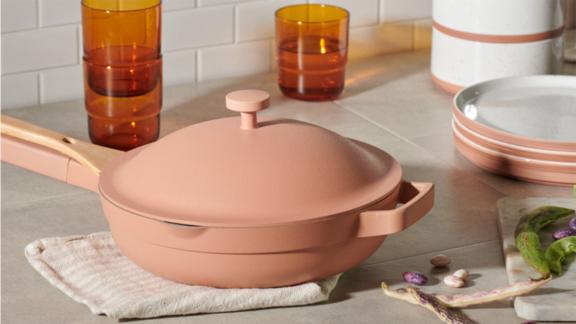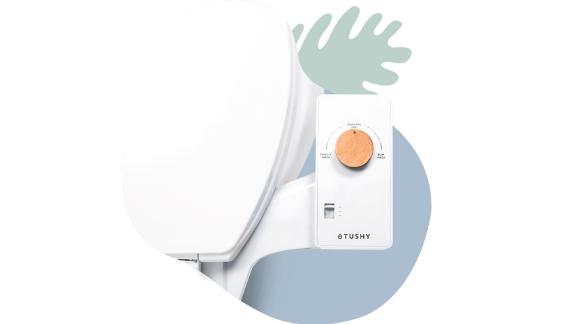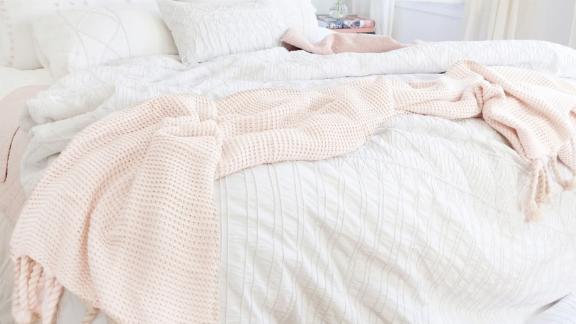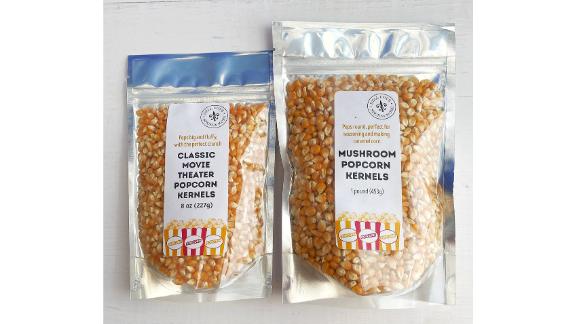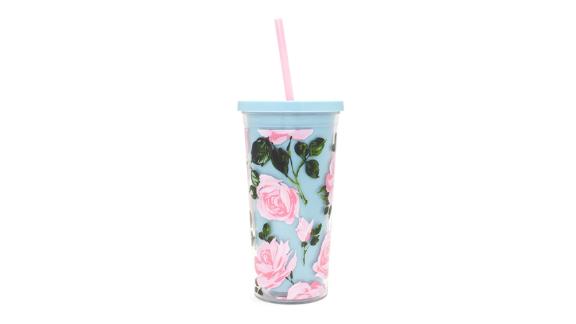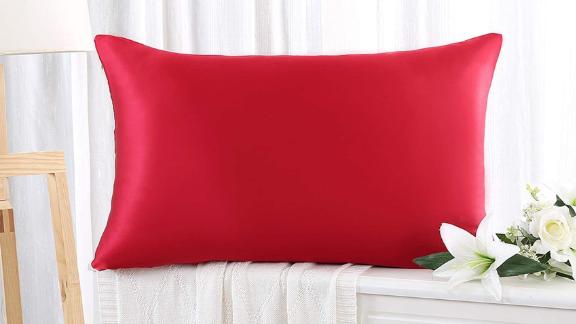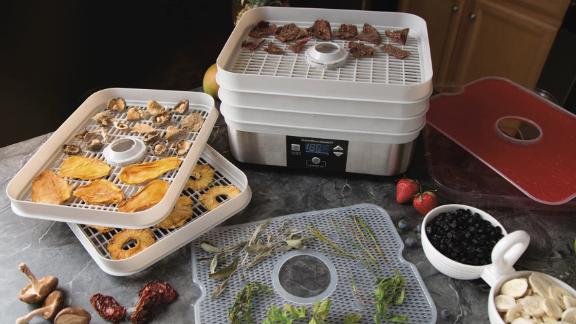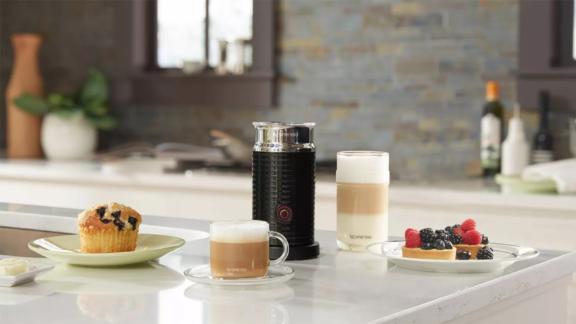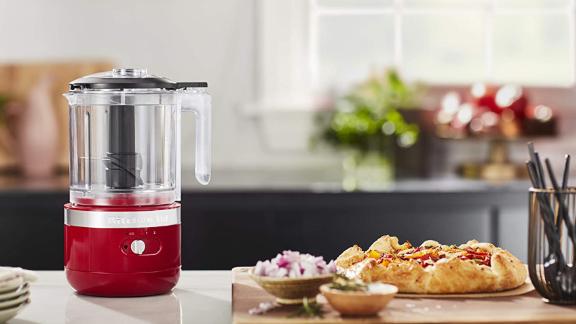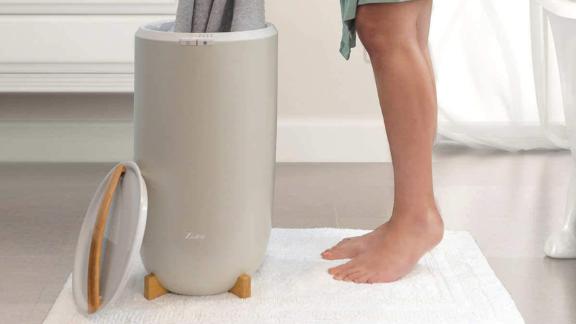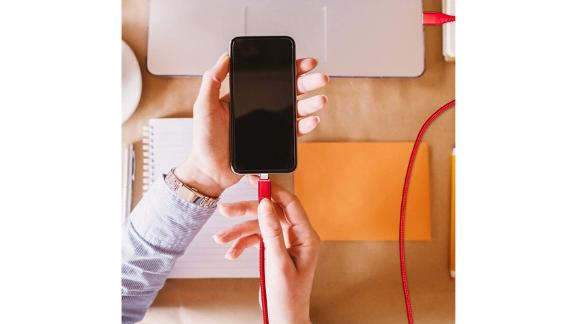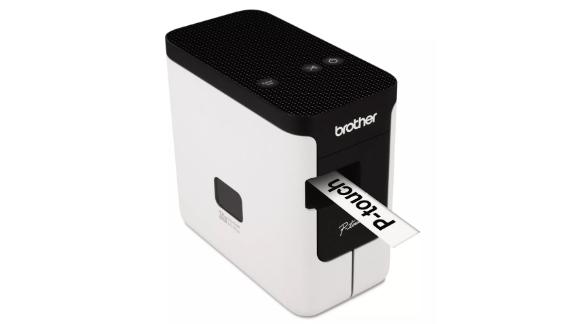Genevieve Georget and Lizzie Vance of Round Table Companies
Originally Posted On Consciouscapitalism.com
Every day for months, I had been taking the subway to the World Trade Center. I would meet up with a friend who worked on the 100th floor, we would get coffee together at a cafe in the lobby, and then I would walk across the street to my office where I’d been working as an investment banker. This was how my mornings unfolded. On this day, however, the sun was shining through my bedroom window when I rolled over and opened my eyes. I looked over at the clock next to my bed and it read 10 a.m. Immediately, a degree of disbelief washed over me. I leapt out of bed and frantically got ready. On this day, I accidentally slept in, and half an hour after I woke up, nearly 3,000 people had died.
Up until this moment, I think I had advice to offer anyone looking to pursue life with a vengeance. I had graduated that spring and was working in the banking industry. I was driven and disciplined and right where I wanted to be. Or so I thought. But life—and advice—tends to change when towers come crashing down and you are spared the finality of being among those who lost their lives. When I tell people the story of that morning, I am faced with an often-recurring question: “Did my friend—whom I was supposed to meet for coffee—die that day?” The answer is no. My friend lived. So many of us lived. But we were also changed. And it was through that change that the question shifted from “Did we die?” to “How do we live?” This tragedy was either going to take my life from me or thrust life back into me. I was blessed enough to be handed the latter and knew I’d better live wisely.

Once the debris settled throughout New York City and the whirlwind of fear and grief settled in our bodies, I felt myself being moved forward, from a place of security to a place of purpose. My parents had always raised me to see both sides of the world we live in: the wealth and the poverty, the common practice and the out of place, the growth and the destruction. I’ve had the privilege of knowing that, as a society and a culture, we don’t necessarily stand on a level playing field. So, when the towers came down, the question of how to live also became a question of how to help other people live. And it’s a question that I want to ask myself regardless of whether or not the world is crumbling around me. I wanted to do three things: play professional soccer, work in the film industry, and become a business owner. I’ve been fortunate enough to have done all three, and what I’ve learned in the process is that what I gained from one pursuit led me into the next. Life has been willing to guide me in the right direction as long as I was willing to let it.
My driving force became people: impacting them in a way that mattered and adding something to a world that was so often being stripped of integrity and purpose. “People” is a value that runs throughout our entire family. My husband’s company, Tribute.co, was born of a moment on his 27th birthday. I gave him a video compilation of wishes from his friends and family. The emotion that arose from the simple act of visually seeing the people he loved sharing their feelings for him was moving. Being told how much he meant to people changed him. So my husband took that feeling and used it to help other people to feel the same way. The work he does is significant and matters deeply to the people that have the opportunity to see their own value reflected in someone else’s eyes.
Not all of my driving forces were quite so obvious when they first propelled me. When I was working on set in the film industry, I would often come home with awful stomachaches. After doing some research, I came to understand that it was the food I was eating and the intolerances I had to certain additives. This led to my first business—a farm-to-table pizza concept called WILD—which now has three locations throughout New York City. What started as a physical need for greater well being, turned into a means of bringing that same benefit to others.
From there, with my twin sister and a good friend of ours, the three of us created THINX, a line of period-proof underwear, which was an idea that stemmed from my own experiences and challenges dealing with my cycle. Then I developed Icon Undies—a similar underwear line meant for bladder incontinence—as a response to women wanting to use THINX for urinary leakage. People asked, and we responded. But we also wanted to respond in more ways than one. We wanted to give back, so each purchase of THINX or Icon Undies helps women in developing countries because we believe that it’s about reaching beyond the walls of our own home. Our hope is that we create ripples, that we can impact people’s lives now, while bettering them for the future, and that maybe those ripples can create more.
This desire to help others is a trait that I come by honestly. My father is from India, and my mother is from Japan. My siblings and I traveled to India with our parents when we were young, and we saw firsthand what poverty and struggle look like. That exposure is what forced me to question the logic behind so much of our North American culture. Sanitation especially became a concern of mine because we are far outdated in our means of hygiene. The use of toilet paper destroys our environment and costs families unnecessary amounts of money, and, most importantly, wiping with dry paper is unhealthy and even harmful to us as humans. It’s an issue that most people don’t understand on so many levels. This desire for a cultural shift is what created my latest project, Tushy, which is a small device, about the size of a cell phone, that turns any ordinary toilet into a bidet. Tushy is about education, giving to others, and opening up uncomfortable conversations. We want any contribution we make in this world to create space for tough, important questions. Even more so, we need to be willing to hear the answers. We need to push back on some of our norms and face those answers if our behavior is ever going to be aligned with our values. We are dedicated to impacting others through deep emotion, healthy food, or better hygiene to move them further into their own purpose.
It’s always been about people. And business, like life, has been a huge series of lessons for me in that regard. I’ve learned to place value on the individuals around me and to be discerning about who I allow to join me on these adventures to change the world. I’ve learned that challenges are not failures; they are simply lessons to hold onto as the next challenge comes along. I’ve learned how important it is to stand tall with conviction—even when the dialogue is uncomfortable, even when the resistance is strong, even when social media tells me that I am out of line.
Making an impact isn’t for the faint of heart, but neither is being human.
We are created to do and be both. Don’t wait for towers to fall to live your purpose.
Read about Miki’s new book




